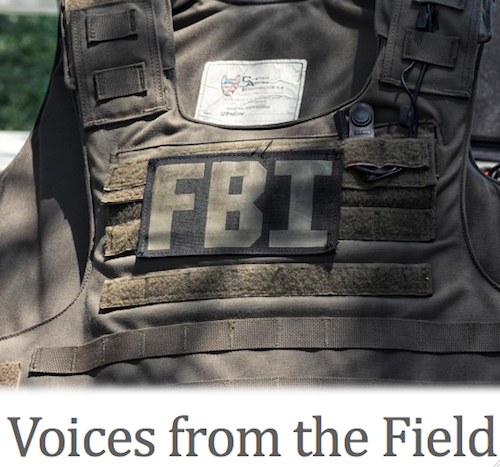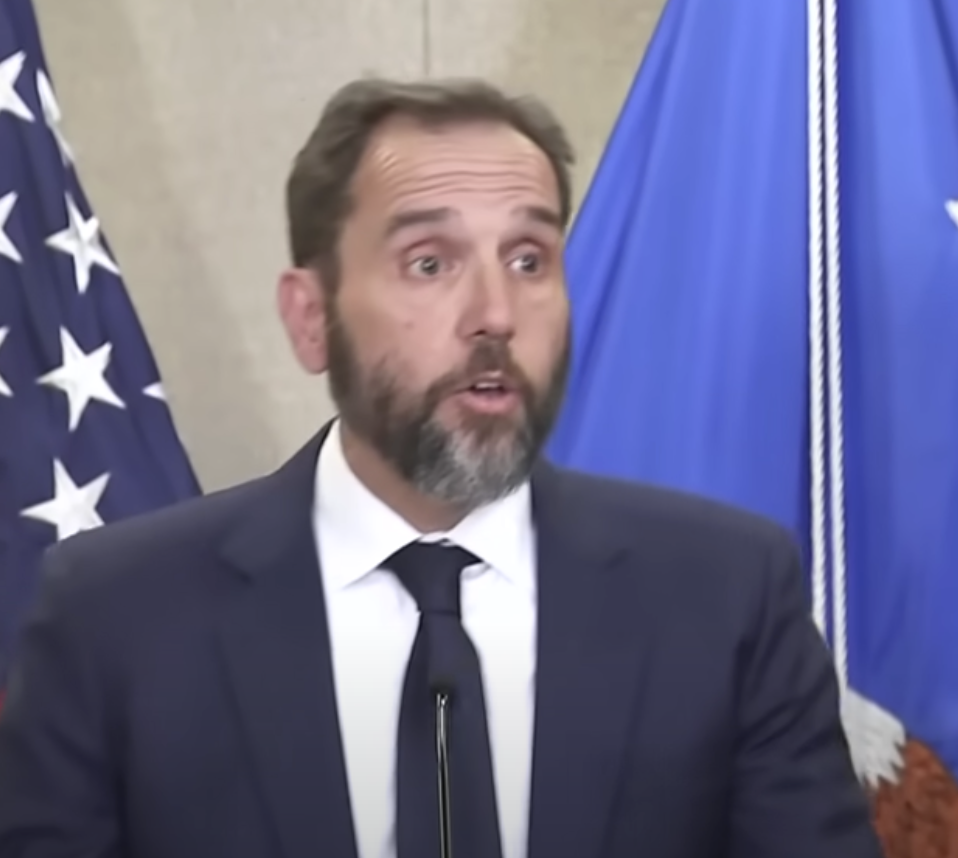 By Allan Lengel
ticklethewire.com
By Allan Lengel
ticklethewire.com
Budget cuts are taking a bite out of FBI operations, and harming the fight against all types of crimes, from corruption to counterterrorism to battling gangs and violence.
The FBI Agents Association on Monday released a new report — Voices from the Field — that provides FBI Agents’ first-hand accounts of the impact of the budget cuts on daily operations and investigations.
“As FBI Agents, our commitment to our work is unwavering,” the association’s President Rey Tariche said in a statement “We will continue to make the personal and professional sacrifices to do our jobs and protect this country. However, we are releasing Voices from the Field to ensure that Congress, the Administration, and the public are aware that the resources available to support the work of FBI Agents have been stretched to the breaking point.”
The report notes that even agents’ basic transportation needs are being compromised and some agents are being told they can’t use official FBI vehicles because there is no funding for gas.
The following are some testimonials in the report from agents in the field:
Undermining Counter-Terrorism Investigations
“I … work International and Domestic Counterterrorism. Budget restrictions have and will continue to limit the resources available to include personnel and equipment. … Restrictions in surveillance technology means the necessary facilities used for terrorist communications won’t be monitored.”
Exposing Vulnerable Populations to Greater Risk
“Here is how the sequester will affect my little slice of the Bureau. …No gas means cases don’t get worked – period. Nothing is close to anything on the reservation. Witnesses and victims don’t have phones. We have to drive to them. They are too poor to drive to us. … Fewer guys – fewer cases get worked. That is the cruel truth. Real people won’t get justice. The face of the sequester is a molested Navajo kid or a beaten Apache woman, neither of whom will see justice. Our victims are the poorest, most vulnerable … people in this country.
Halting Counter-Intelligence Cases
“We have approximately 10 very important CI cases that we would open … but we can’t open them because we don’t have the [Special Agents] to work the investigations and the other agents on the squad already have full case loads. These are national security cases that could lead to the loss of highly sensitive classified information if we don’t address them. … It will only get worse with furloughs.”
Closing White Collar Cases
“I work white collar/fraud/public corruption. … The impact of the sequestration is already being felt and will continue to hinder our productivity. I am closing cases and not looking to open new ones. …Current investigations and informant development have been hindered because of lack of funds.
Limiting Mortgage/Financial Fraud Cases
“The hiring freeze has prohibited our team from adding new agents to combat the significant surge in investment fraud and mortgage loan modification fraud. Resources are stretched and not able to completely address the financial losses experienced in our area of responsibility. With the loan modification fraud, many victims lose their home and life savings because of the scheme. … Several new targets have recently been identified; just this past week, four known fraudsters were advertising in the classifieds for employees to expand their current fraudulent schemes, however, with our lack of resources and now the additional cuts and furloughs, we are not able to address the progressing schemes.
Constraining Use of Official Vehicles
“In the beginning of March when the sequestration began, the division was told we are now on a strict gas budget and were pretty much not allowed to use our [Bureau] cars. This severely affected work performance and disrupted investigations as we did not have enough money to put gas in a work car to go do something as simple as an interview, let alone anything else of significance with regards to investigative matters.”
Losing Informants
“I … investigate street gangs. Recently … we have been facing funding shortages on the criminal side for the last couple of years. There are certain gangsters I can’t go after with a Confidential Human Source (CHS) or any other way as ‘drug buy’ money is not sufficient. These subjects are at a certain point where the CHS can’t buy small amounts of drugs. Most of our larger targets only sell in big amounts. With dwindling resources, we have had to let these subjects go as investigation against them would be futile. … Being that most of my gang CHS’s motivation are financially driven, I am running the risk of the CHS’s turning back to a life of crime if I can’t make payments for their services.
Impeding Surveillance
“The existing hiring freeze and budget restrictions have forced my squad to conduct investigations in a less effective manner. Many interviews are now conducted telephonically; thus, limiting the agent’s interaction with the person being interviewed. This limited interaction also minimizes the intelligence that can be obtained throughout the interview. The limited communication has also minimized opportunities for Source development and information collection. Surveillances have also been cut short and completely eliminated because of financial restrictions or lack of agents to conduct the surveillance.
Harming Local Cooperation
“The impact on local law enforcement is completely negative because we can’t support where we have traditionally. [Local law enforcement] depend[s] on us for support in larger cases and we depend on them for support and back-up because we are a small office. Once we walk away from working traditional criminal programs … we will lose the support of local law enforcement.”
Reducing Field Time
“The administrative burden that is now put on Agents … that was previously handled by support personnel has caused Agents to spend an unprecedented amount of time at their desks versus being out on the street conducting interviews and recruiting [Confidential Human Sources].
Increasing Retirements
• “For the first time in my 10 year FBI career, I am strongly considering ending my FBI employment and going back to theprivate sector.”
• “I am actively seeking to retire and move on to my next career sooner than I want to because of the issues in Washington. I have four more years left before … mandatory retirement. If I retire, that leaves two criminal agents in the [Resident Agency].”




